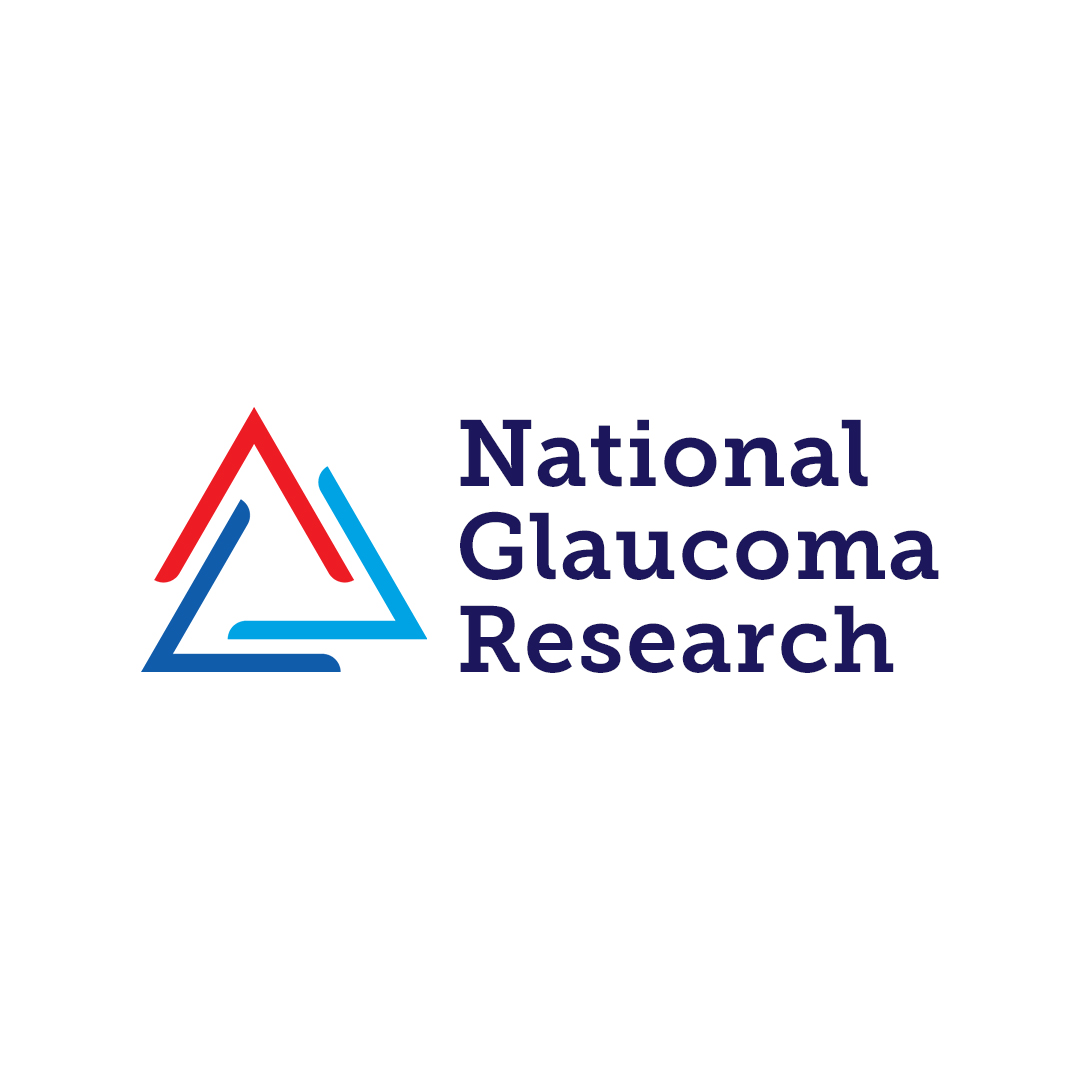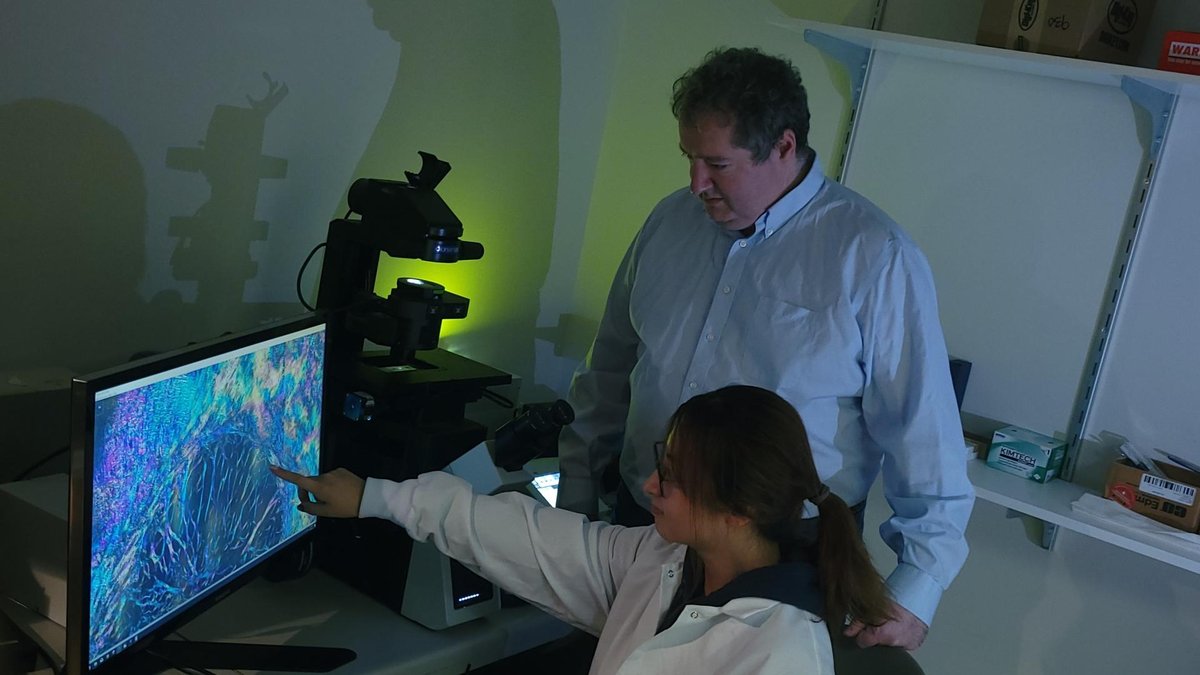
If you need another reason to quit smoking – or to encourage a loved one to try – consider this. New BrightFocus-funded research shows that glaucoma is more than twice as likely to worsen in people who are heavy cigarette smokers.
A long-term study of patients with glaucoma concluded that heavy smokers are 2.2 times more likely to have their vision loss progress than people who have never smoked.
“Our study was unique in that it followed 354 patients over 12 years,” said Linda Zangwill, PhD, one of the study’s authors who is a professor of ophthalmology at the University of California, San Diego, and director of clinical research at the Hamilton Glaucoma Center. “The results show that the level of smoking increased the rate of visual field deterioration.”
Understanding the connection
Until recently, there hadn’t been strong findings on the association between the number of cigarettes a person smokes and the progression of glaucoma. Dr. Zangwill is among the authors of two other recent studies, initiated by Dr. Sasan Moghimi, that also looked at this connection.
One of those studies concluded that in people with glaucoma, the more cigarettes smoked, the faster the nerve fiber layers in the retina become thin. Those thin layers contribute to permanent vision loss.
The other study concluded that the more cigarettes smoked, the less blood is supplied to the optic nerve in those with glaucoma. This vascular damage also contributes to the progression of the disease.
Glaucoma causes vision loss and blindness by damaging the eye’s optic nerve, which is made up of millions of nerve fibers that carry visual messages to the brain. “Toxicity from cigarettes, damage to the vascular system – there are different mechanisms that could be in play here,” Dr. Zangwill said.
Glaucoma is the second-leading cause of blindness in the world. There are four major types, including open-angle and angle-closure glaucoma. Because most forms develop slowly and silently, there are millions of people with the disease who don’t know they have it. Having a complete eye exam is the only way to find the disease in its early stages.
Jumpstarting the research
A BrightFocus National Glaucoma Research grant awarded to Dr. Zangwill five years earlier served as a springboard for her research examining the connection between retinal vasculature and the risk for glaucoma progression. Her initial study involved examining the relationship between glaucoma and microscopic blood vessels in the retina and optic nerve.
“BrightFocus offered a fabulous way to jumpstart this research,” Dr. Zangwill said. “We were able to gather important data that showed the microvascular system in the eye was reduced in glaucoma. We then received NIH (National Institutes of Health) grants that led to longer and larger studies. From there, University of California funding helped us evaluate how the intensity of smoking influenced the retinal microvasculature in glaucoma eyes.”
Taking action
Dr. Zangwill said the findings of these studies should serve as further evidence of the dangers of smoking, especially for people with glaucoma. She suggested that eye care professionals, including ophthalmologists and optometrists, discuss the effects of smoking with patients.
“Glaucoma is a chronic disease, along with cardiovascular disease and stroke, that are all connected to smoking,” she said. “The cumulative effects of smoking on these diseases, including glaucoma, should be talked about.”
Want to learn more about the latest developments in glaucoma research? Join an upcoming BrightFocus Chat, free monthly telephone discussions with scientists and eye experts about managing vision loss and exciting scientific breakthroughs.
About BrightFocus Foundation
BrightFocus Foundation is a premier global nonprofit funder of research to defeat Alzheimer’s, macular degeneration, and glaucoma. Through its flagship research programs — Alzheimer’s Disease Research, Macular Degeneration Research, and National Glaucoma Research— the Foundation has awarded nearly $300 million in groundbreaking research funding over the past 51 years and shares the latest research findings, expert information, and resources to empower the millions impacted by these devastating diseases. Learn more at brightfocus.org.
Disclaimer: The information provided here is a public service of BrightFocus Foundation and is not intended to constitute medical advice. Please consult your physician for personalized medical, dietary, and/or exercise advice. Any medications or supplements should only be taken under medical supervision. BrightFocus Foundation does not endorse any medical products or therapies.
- Risk Factors









